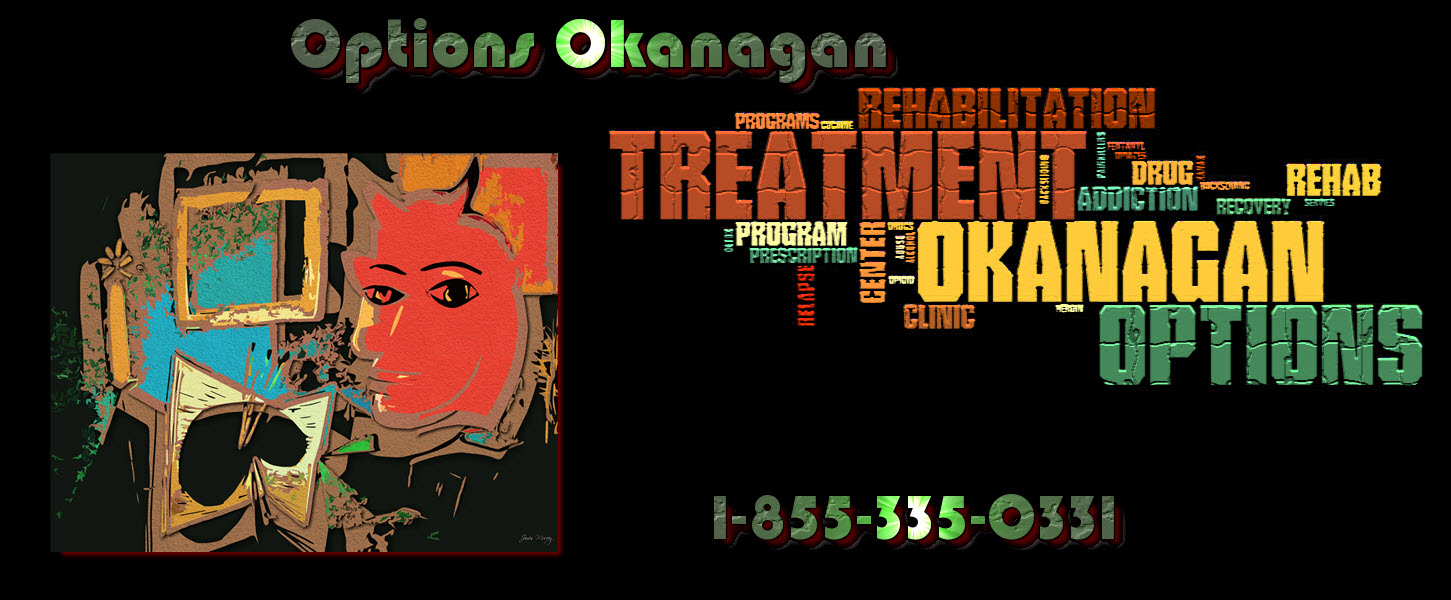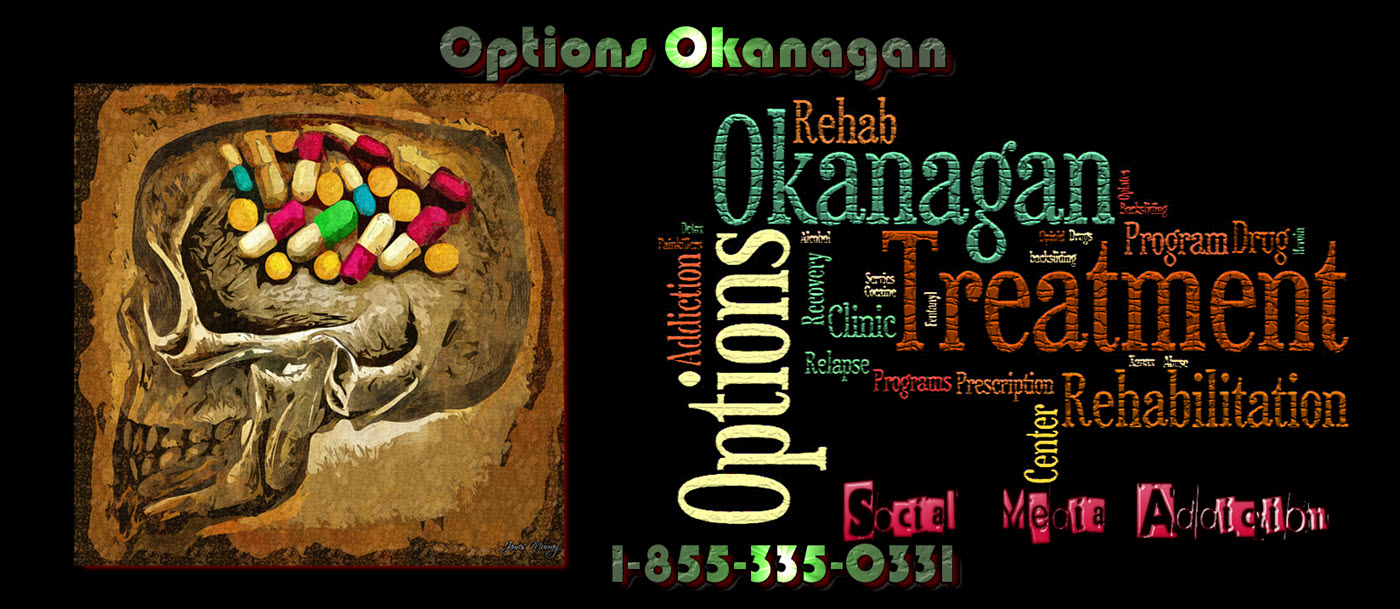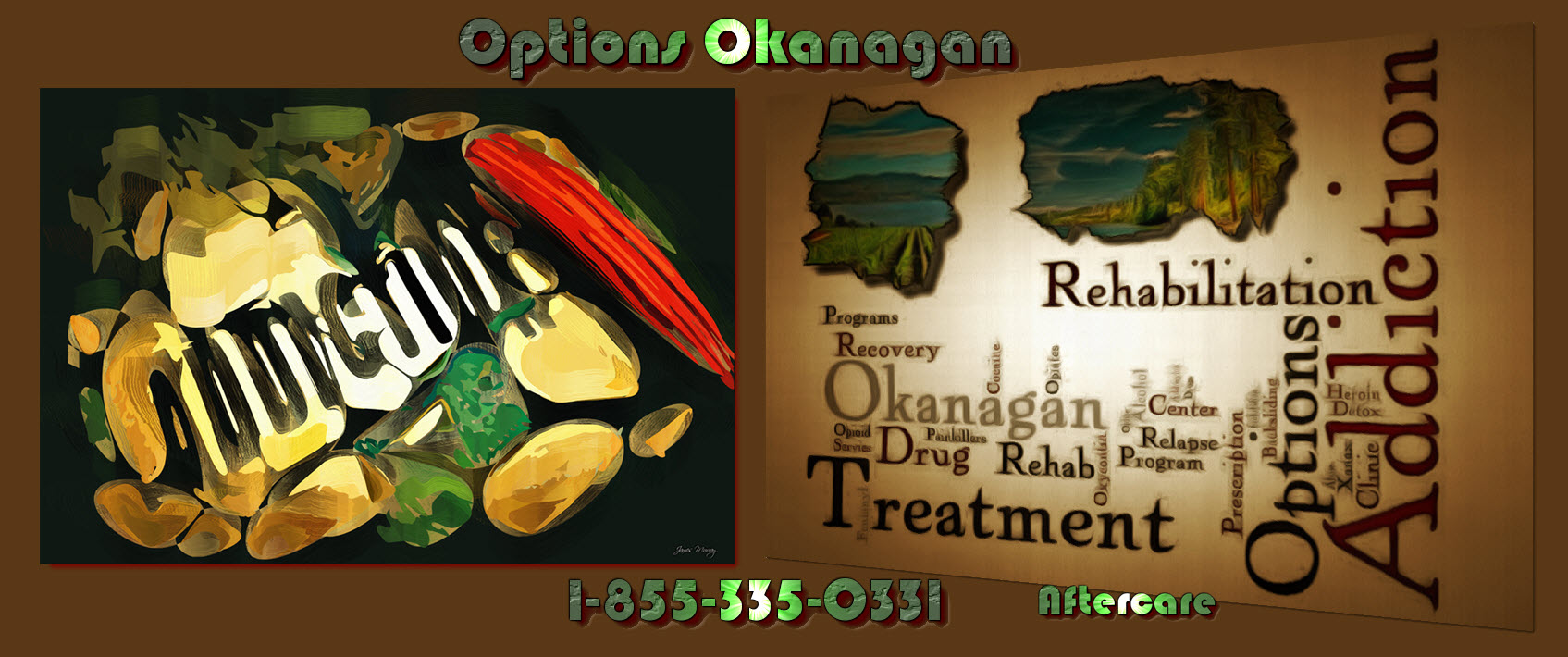Does our culture put pressure on males to drink alcohol? Alcohol addiction rehab treatment clinics programs in Alberta and British Columbia – Options Okanagan Treatment Centers in Kelowna and Salmon Arm (Shuswap), British Columbia treating drug opiate and alcohol addiction and recovery.
Alcohol Rehabs In Alberta And BC
The last call in drinking establishments implies something entirely different for men than for women, according to a recent news article on alcohol consumption behaviors. While data concerning men and alcohol continue to be serious as ever before, 65% of individuals that die alcohol-related deaths are males, the research information does not show males turning away from drinking as a result. As a matter of fact, oftentimes, the social, public pressures for men to drink are hard-wired right into social interactions. Numerous stereotypical male social events focus and revolve around drinking alcohol like enjoying a football game, playing golf or spending an evening out at the bar. Men hardly ever meet up with good friends and go shopping, lunch, manicures or coffee. Still, men’s hazardous connection to drinking alcohol exposes a lot concerning masculinity, pressure from their peers as well as why males merely can not “simply say no” to alcohol.
Are Real Men Expected to Drink Alcohol?
By practically any kind of measure and in virtually every culture, males are expected and also urged to consume alcohol. It is not a social standard that impacts females in the same way. While women can be relied on to upload holiday cocktail photos on Facebook and Instagram about their much-deserved glass of red wine at days end, it is practically adorable in contrast to the devastating, joyless
alcohol consumption men are infamously capable of. It is simple, drinking alcohol is different for males. Some men will feel like less of a man in early sobriety as if they were deserting some basic part of their masculinity. In some societies and cultures, not drinking is viewed as disrespect to the host and fellow males, which makes not drinking alcohol just not a choice in social settings. The reality is that men will certainly use this as a justification to keep drinking alcohol. A male will tell themselves that they did not wish to offend or upset anyone, like surrounding themselves with easily-offended dinner hosts, or something else. While that was never actually real or true, it is still a stomach-turning awareness for a recently sober male to come to that. Men that make a decision to drink less are discreetly mocked and can be ostracized from their social network.
The reality that men can not turn down simply one more drink for fear they will certainly be viewed as weak or not “one of the guys” reverberates on plenty of levels. The majority of alcoholics would have given anything to be that man who can just have one drink and walk away. Sadly, that is not exactly how alcoholism works and how alcoholics are programmed. Individuals with a drinking problem are constantly “all-in” with their alcohol consumption, and now they will certainly have to be equally “all-in” with their sobriety. There is no middle ground. Regrettably, that is not the situation for lots of men. Men continue drinking alcohol as well as pressuring each other to drink more. The hangovers come with boasting rights as well as used as a badge of courage, showing toughness, tolerance and fearlessness by running the risk of health problems in the name of “living on the edge and having a good time.” For males, drinking alcohol goes to being a responsibility and also an identity, both of which usually bind them to a lifestyle they neither wanted nor deserve.
Breaking the Cycle of Addiction
To break the cycle of alcoholism, people need to reduce the pressure placed on men. If society expects men to drink more than they want, or just throw away all the damaging facts and figures, everyone must work together to change what as society wants to receive. It is not easy to turn off the switch when it concerns men, society, and alcoholism. If not, it will be more difficult for men to stop drinking then it is for women. Given all the obstacles and difficulties men face with alcohol, this might make more sense when men find themselves in addiction recovery. While men may be helpless before the “last call” in a bar, precious and hopeless seconds before being cut-off and brought back to reality, they must realize that they are completely helpless from alcohol and how society continues to encourage them for a literal “last call” in their life.
Options Okanagan Opiate and Alcohol Treatment Centers in Kelowna, Salmon Arm and Vancouver, British Columbia – Men and Women are recovering and healing from Alcohol and Drug Abuse at our treatment center here in the Okanagan right now.
Our unique and distinctive Opiate Drug and Alcohol treatment program allow men and women to come in from Calgary as well as Edmonton as we offer airport pickup.
Numerous clients come to us from Vancouver, Calgary, and Edmonton and other locations in Alberta and even other provinces for Opiate addiction treatment, heroin drug treatment, many other drug and alcohol addictions for rehabilitation because of the uniqueness of our treatment center.
Our (Kelowna ) Alcohol and Drug Treatment Program Location:
(Not Mailing Address) Contact Us – Web Page
For Mail Delivery :: Please contact each center for correct mailing addresses, also this location is the location of our residential treatment programs in Kelowna. Please call Toll Free 1-855-335-0331 to contact the treatment center you are going to for the address and directions.
Options Okanagan Drug and Alcohol Treatment Center
551 Sherrydale Crescent, Kelowna, British Columbia, V1V 2E6
Toll-Free Phone Number: 1-855-335-0331




